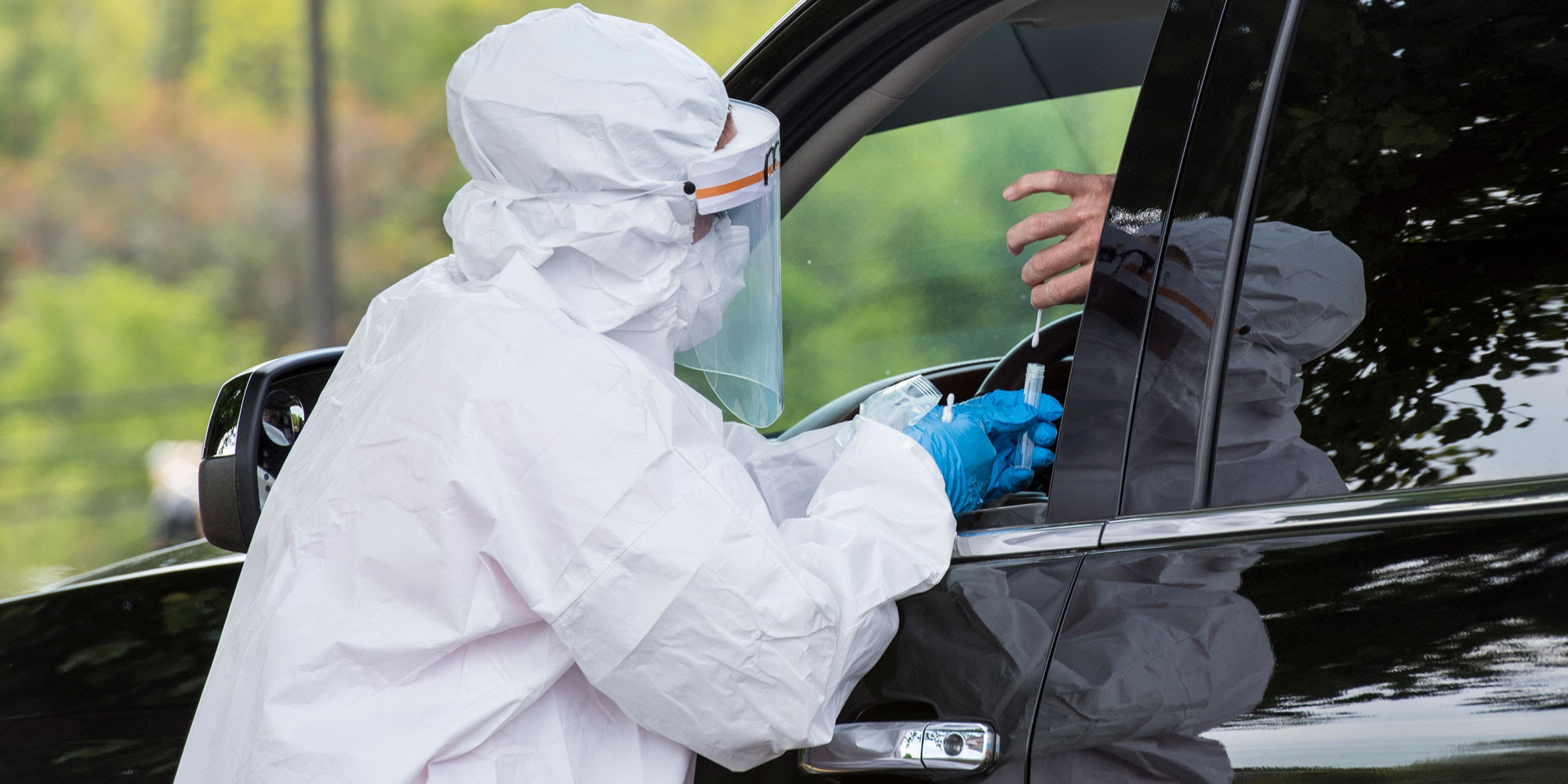LOCAL
Minnesota meets only some of COVID-19 targets
Of the five “dial back” targets that Minnesota is using to evaluate how its handling the pandemic and whether restrictions can be scaled back, 3 are currently being met.
On some fronts, the response is going well. Diagnostic testing is occurring 138 tests per 10,000 people over 7 days, above the state’s goal of 50. The positive test rate is below 4% in recent data. In addition, the rate of new cases doubling has gone to 62 days, below the threshold of 7 days, though this measure had more meaning as cases were potentially exponentially increasing early in the pandemic.
Minnesota still falls short, however, on contact tracing and new hospital admission rate. Investigations into the origin of the disease in new cases were still unable to identify how people were infected in 34% of COVID-19 community exposures in recent cases. And the 7 day average for hospital admissions was at 6.6 per 100,000 people in early June, still above the threshold of 4. The state’s current restrictions include limiting social gatherings to 10 people indoors and 25 outdoors; indoor restaurant and bar service at 50% capacity; and church services and other mass events at no more than 250 people. Social distancing measures that keep unrelated groups spaced 6 feet part are recommended as well, and mask-wearing in public is encouraged.
Star Tribune
NATIONAL
US narrows hunt for COVID-19 vaccine candidates
On Tuesday, the U.S. Department of Health and Human Services announced that the financial support for COVID-19 vaccine candidates will be narrowed to about 7 candidates from the 14 it has currently been working with.
Last month, the Trump administration launched “Operation Warp Speed” to accelerate the development of coronavirus vaccines, treatments, and diagnostics. The Trump administraton had previously announced it had put in over $2 billion to vaccines being developed by AstraZeneca, Moderna Inc, and Johnson and Johnson, and $30 million each to Merck & Co and Sanofi SA.
Government officials said they expect Americans who cannot afford the vaccine will be provided them free of cost, and for those who have insurance vaccines will be provided with no out of pocket expense.
Reuters
INTERNATIONAL
European countries roll out contact tracing apps
As of Tuesday, Italy, Germany, France and Britain have all released pilot or wide release tracing applications for COVID-19 contact tracing. There are hopes the applications will help prevent a second large wave of infection as countries reopen their economies and borders.
The development of the applications has raised concern over privacy and individual rights. Italy has circumvented some of the concerns by making their application voluntary. It was developed in a collaboration with Apple and Google which restrict how much data the government can access from the application and logs contacts by Bluetooth signals on individual smartphones only. In contrast, France’s operates on a centralized system.
While privacy advocates may lean towards decentralized systems, there are concerns regarding developing compatibility between each country’s system in the highly connected EU. “It’s somewhat more tricky to develop the technical standards for interoperability between decentralized systems, as I think will be the general rule, and the centralized system that France has been aiming for,” EU Commission vice-president Margrethe Vestager told the French parliament via videoconference.
In addition, some public health officials worry the privacy concerns are blocking important data collection opportunities to understand the disease. The Apple and Google apps limit recording the length of contacts or how close they were. “It is highly abnormal that you are constrained as a democratic state in your technical choice because of the internal policies of two private companies” said Cédric O, the junior minister for digital affairs in France, in a New York Times interview.
The New York Times
Reuters
|

